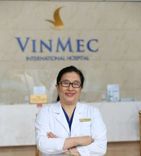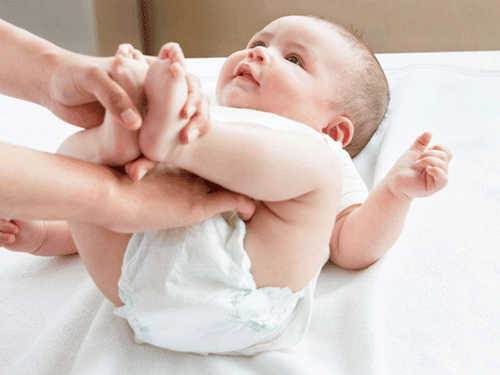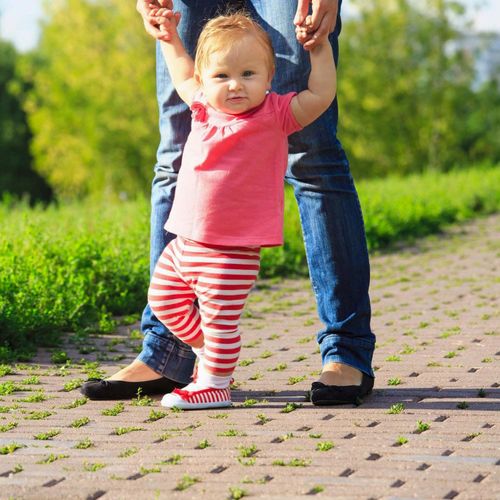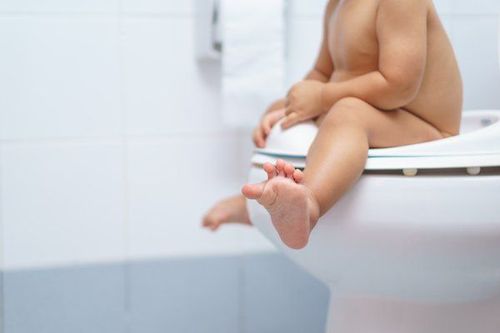This is an automatically translated article.
The article was professionally consulted by Specialist Doctor II Cao Thi Thanh - Pediatrician - Department of Pediatrics - Neonatology - Vinmec Hai Phong International General Hospital. Dr. Thanh has worked for 25 years in the treatment of neonatal pediatric diseases.Diarrhea causes the body to lose a lot of nutrients, leading to dangerous complications such as dehydration and malnutrition. To help children recover quickly from diarrhea and avoid malnutrition, it is necessary to give children a full and scientific diet.
1. What kind of disease is diarrhea?
The first manifestation of diarrhea in children is often watery, fishy-smelling stools. The baby shows signs of fatigue, crying a lot, vomiting. Children often experience abdominal pain, difficulty sleeping when they have diarrhea.The main cause of diarrhea is an intestinal infection. The disease is caused by a number of parasites, bacteria that penetrate the intestinal tract. Bacteria and parasites found in stale food and dirty food or unsanitary living environment will enter the body through the digestive tract.
In addition, when children have irritable bowel disease, Crohn's disease, Celiac disease or food allergies can also lead to diarrhea. In particular, prolonged use of antibiotics can also cause diarrhea in children.
2. Diarrhea should eat what? What should not eat?
For young children, diarrhea is easy to make them malnourished. Therefore, it is necessary to maintain a suitable diet for the baby. Children with diarrhea often have anorexia, so parents need to be very patient.2.1 Baby with diarrhea should eat? Rice (rice flour), potatoes. Lean chicken, lean pork, lean fish, soy milk, yogurt Vegetable oil Carrot, sapodilla, banana Processed food in the form of porridge, soup.
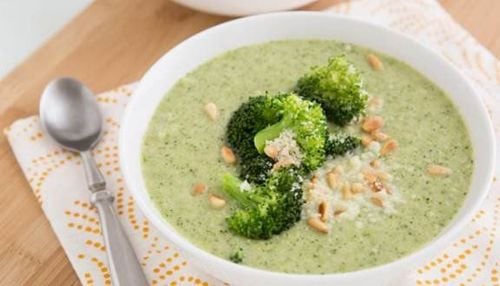
Thực phẩm chế biến dưới dạng cháo, súp
How to drink: do not give children to drink from a bottle, give them a spoon to drink, every 1-2 minutes / 1 spoon. Older children give it to drink from a cup, drink it in sips, don't give it too quickly, if the child vomits, stop giving it for 10 minutes, then continue to give it more slowly, 2-3 minutes/1 spoon.
Common rehydration solution is ORS solution (Oresol). Mix 1 pack of ORS with 1 liter of cooled boiled water (do not mix 1⁄2 sachets with 1⁄2 liters of water). Rehydration solution that has been mixed for more than 12 hours must be discarded and a new solution prepared.
If the child is still breastfed, continue to breastfeed because breast milk is an extremely valuable food source for the baby at this time. If your baby is formula-fed, continue to breastfeed normally.
Children over 6 months old: Give children more fat, soft foods and feed immediately after cooking to ensure hygiene, reduce the risk of superinfection, eat more ripe fruits or juices such as bananas, oranges , lemon, mango, coconut water, papaya... to increase potassium.
2.2 Certain foods and drinks should be avoided when your child has diarrhea Do not give your child industrial soft drinks Avoid foods that are high in fiber or low in nutrients such as raw vegetables. Do not eat foods with a lot of sugar. After the diarrhea is cured, it is necessary to give the child one more meal a day for 2 consecutive weeks to help the child recover quickly and not be malnourished.
Diarrhea is an infectious disease of the gastrointestinal tract, so maintaining food hygiene is important in disease prevention.
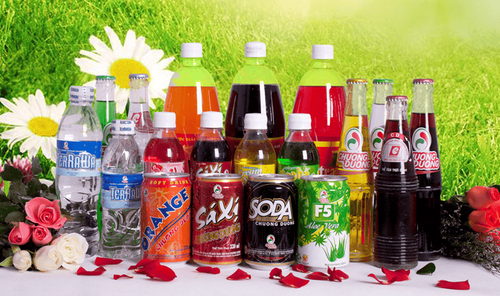
Không cho trẻ uống các loại nước giải khát công nghiệp
3. Prevention of diarrhea
It is necessary to eat cooked food, drink boiling water, ensure food safety and hygiene. Use clean water; Disposal of faeces-water-waste hygienically; Beware of street food; Wash your hands often with soap and clean water, especially before eating; before taking care of the baby, feed the baby; after preparing food, after going to the toilet. In the process of taking care of the child at home, if the child shows symptoms such as high fever, feeling abdominal pain, pain when palpating the abdomen or severe abdominal pain; If stools have mucus or blood, you should immediately seek medical attention for prompt treatment.4. Location of diarrhea examination and treatment for children
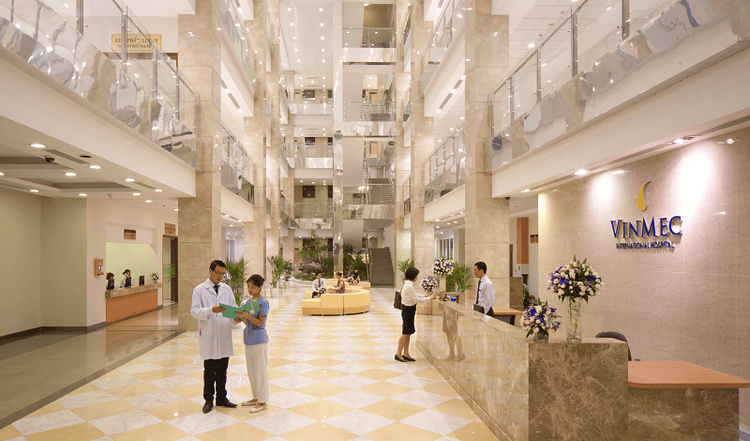
Tại bệnh viện Đa khoa Quốc tế Vinmec, bệnh nhi sẽ được kiểm tra bằng phương pháp nội soi tiêu hóa
Equipped with synchronous medical equipment, the most modern flexible endoscopic system today of Olympus - Japan - a prestigious manufacturer of the world's leading quality. Along with that, the wire system and tools used during endoscopy are treated with absolute sterility according to international standards to avoid the risk of infection. The foot pedal irrigation system helps the doctor to take the initiative in pumping the patient's gastrointestinal tract.
Gastrointestinal endoscopy helps to accurately diagnose the patient's digestive diseases, help give the right treatment regimen, intervene in time, and limit the occurrence of complications.
In order for children to develop the healthiest, parents should pay attention to the nutrition that improves the child's resistance. At the same time, add supporting foods containing lysine, essential micro-minerals and vitamins such as zinc, chromium, selenium, B vitamins,... snacks and less digestive problems.
Parents can learn more:
Why do you need to supplement Lysine for your baby?
The role of zinc - Guidelines for reasonable zinc supplementation
Please visit the website Vinmec.com regularly and update useful information to take care of your baby and family.
